While discovering something new about our world or beyond is thrilling, there is a unique satisfaction in uncovering aspects of humanity itself. This feeling often arises when encountering primitive tribes that inhabit remote forests or isolated islands. Observing these communities can provide insight into how humans lived before the advent of modern civilization. Additionally, learning about their customs and traditions, some of which are remarkably unique and based on ancient beliefs passed down through generations, adds to the intrigue. A fascinating example of this is the Yanomami tribe, an indigenous community living in South America, known for its unusual funeral rituals of consuming the ashes of the deceased. They believe that the spirit requires protection after death and can only find peace in the afterlife once the body has been cremated and the ashes consumed by loved ones.
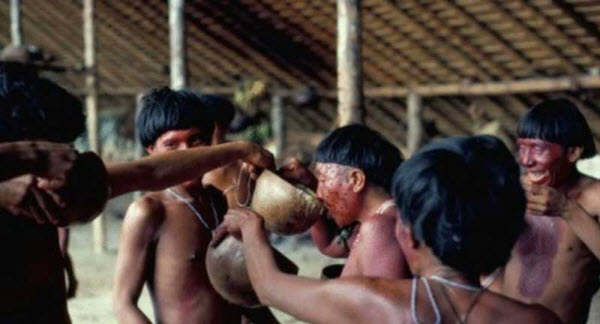
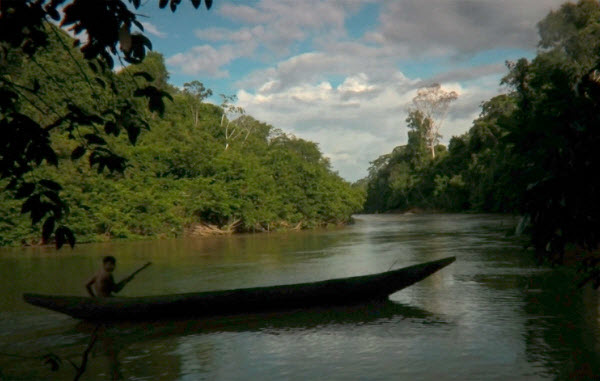
The Yanomami people reside in the Amazon rainforest, straddling the border between Venezuela and Brazil. They inhabit approximately 200 to 250 villages, with a population of around 35,000 people. The Yanomami are among the indigenous inhabitants of South America, and their first contact with outsiders occurred in the 1940s when Brazil sent teams to demarcate the border with Venezuela. This initial contact brought devastating consequences, as the tribes were exposed to diseases like measles and influenza, leading to numerous deaths. The situation worsened in the 1970s when the Brazilian military destroyed two Yanomami villages to build a highway through the Amazon.
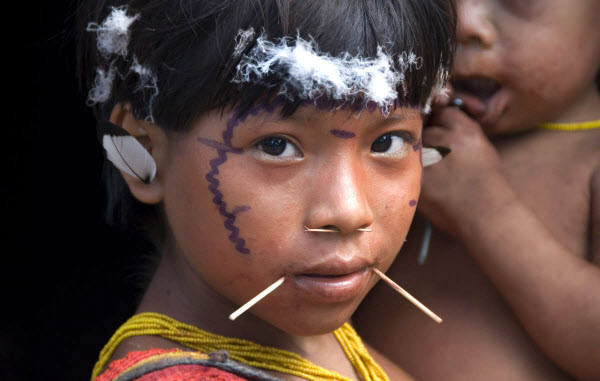
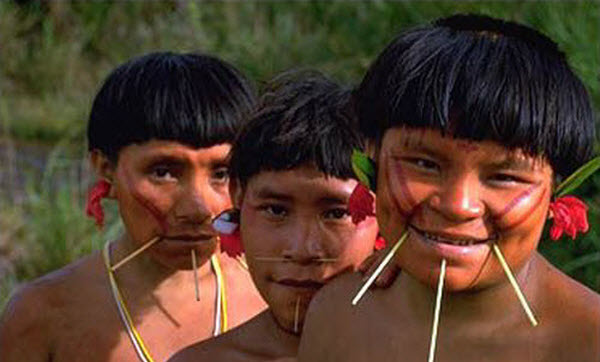
The plight of the Yanomami deteriorated further in the 1980s with the arrival of over 40,000 miners who treated the indigenous people brutally, shooting them on sight and introducing more diseases. Within a span of just seven years, 20% of the Yanomami population perished. This led to the formation of an international campaign to protect these communities from extinction. The efforts were successful, and in 1992, the Yanomami territory was declared a protected area, and the miners were expelled. However, tensions resurfaced with the return of the miners and the construction of several military bases in their territory. Despite government promises, the Yanomami people continue to face challenges to this day.

The Yanomami live in large, communal circular houses known as “yanos,” which can accommodate up to 400 people. The center of these homes is used for various community activities, including games and celebrations. The Yanomami believe in equality among people and do not recognize chiefs; decisions are made collectively through consensus. Work is divided by gender; men primarily hunt and never eat their catch alone but share it with their families and friends, eating the prey of another hunter. Women focus on agriculture, cultivating over 60 crops, and managing household affairs and child-rearing.


Spiritual practices are an integral part of Yanomami life. They believe that every entity, whether human, rock, tree, or mountain, possesses a spirit that can sometimes be malevolent, causing harm, illness, and curses. Due to this belief, they perform unique funeral rituals involving cremation, as they consider it the fastest way to remove the body and allow the spirit to rest, as opposed to burial, which requires time for the body to decompose. The ritual begins with covering the body with leaves and leaving it in the forest for 30 to 45 days, allowing nature to cleanse the curse from the body. After this period, the body is cremated. The Yanomami then paint their faces with the remains of the burnt body and sing and cry to express their grief. They collect the remaining bones from the cremation, grind them into powder, and mix them with the ashes of the cremated body. This mixture is then combined with banana soup, a popular local dish, and consumed by the deceased’s relatives and other tribe members in a single sitting. They believe that this ritual helps the spirit achieve eternal peace, as it cannot fully transition to the afterlife without completely disappearing from the physical world.
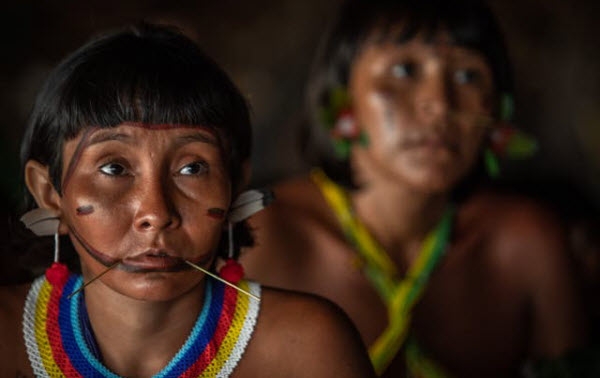
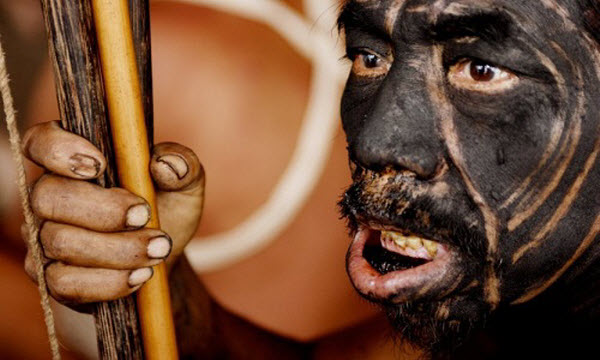
The rituals differ if the deceased was killed by enemies. In such cases, only the women consume the ashes, and this tradition only takes place on the night when a retaliatory raid is planned against those who killed them. The ashes of men killed by enemies may remain in the tribe for years until they believe that the revenge has been fulfilled and the slain person’s spirit is at peace .
